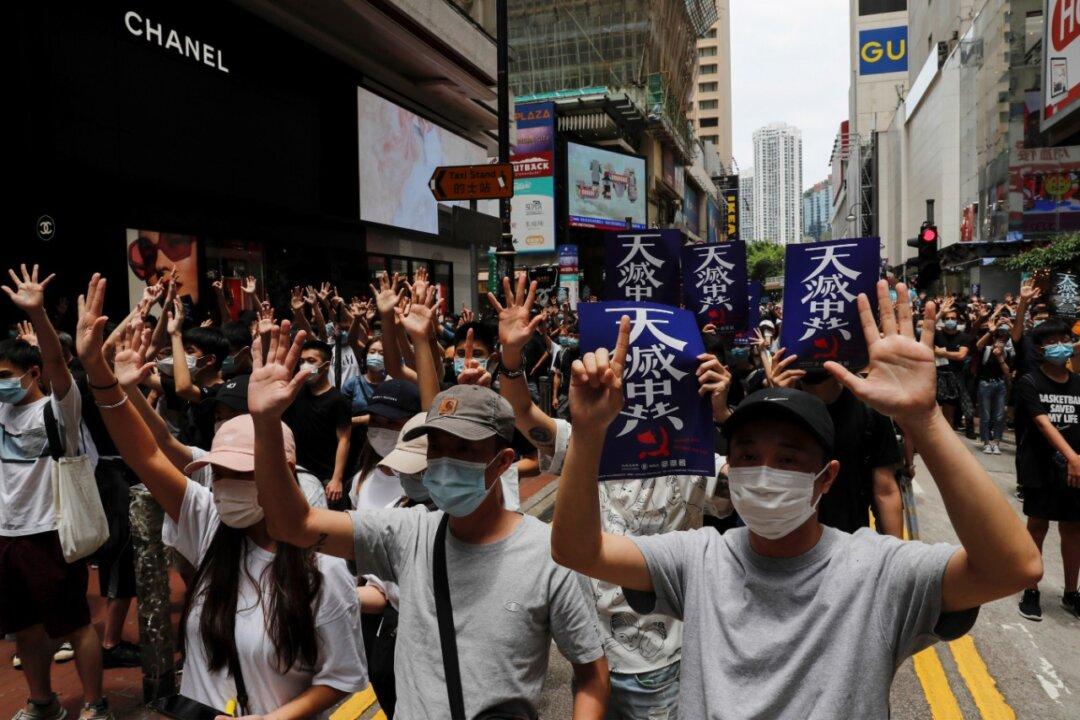The Chinese regime on May 25 warned that it would take countermeasures if the United States takes action to undermine its interests in Hong Kong. The remarks came in response to comments from Washington about potential sanctions over a new national security law planned for the city.
White House national security adviser Robert O'Brien told NBC on May 24 that the draft legislation may lead to sanctions under the Hong Kong Human Rights and Democracy Act of 2019. Under this federal law, the secretary of state must certify every year if Hong Kong is sufficiently autonomous from the mainland to justify trading privileges granted by the United States.





